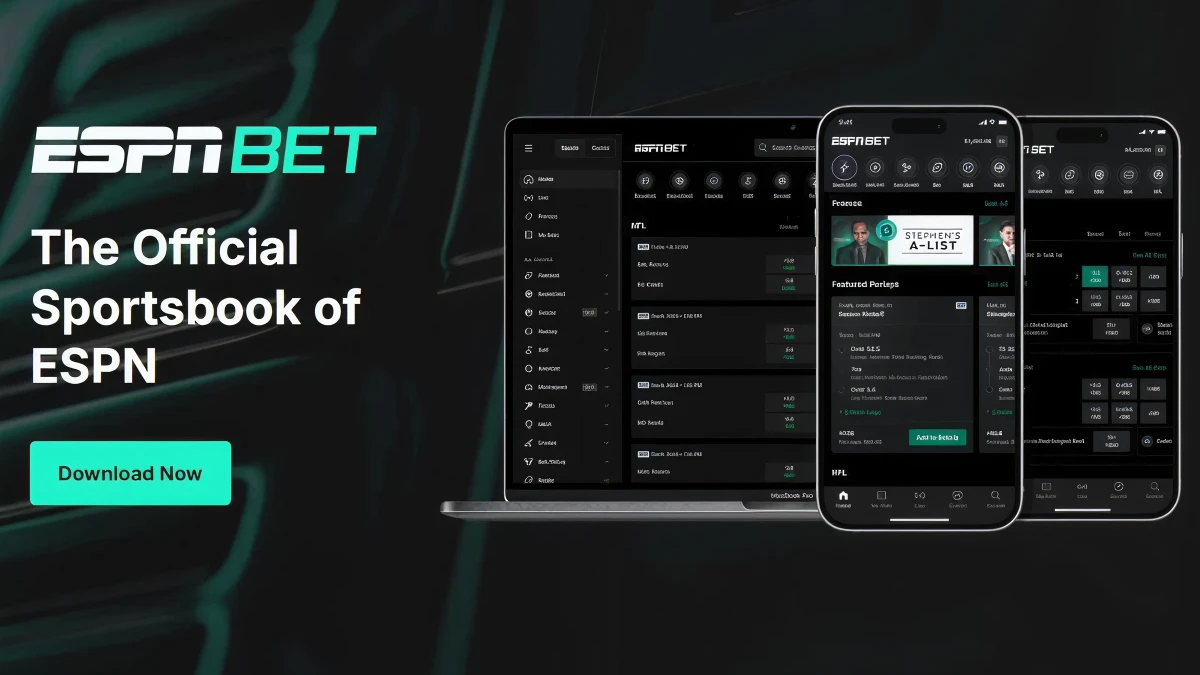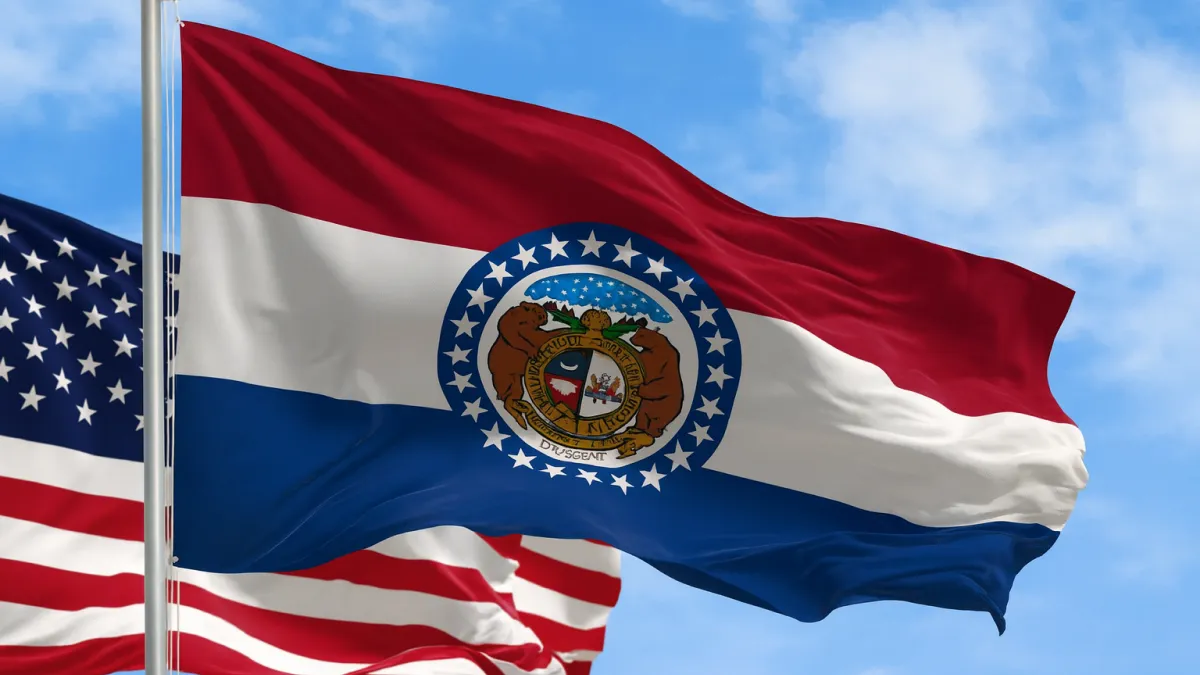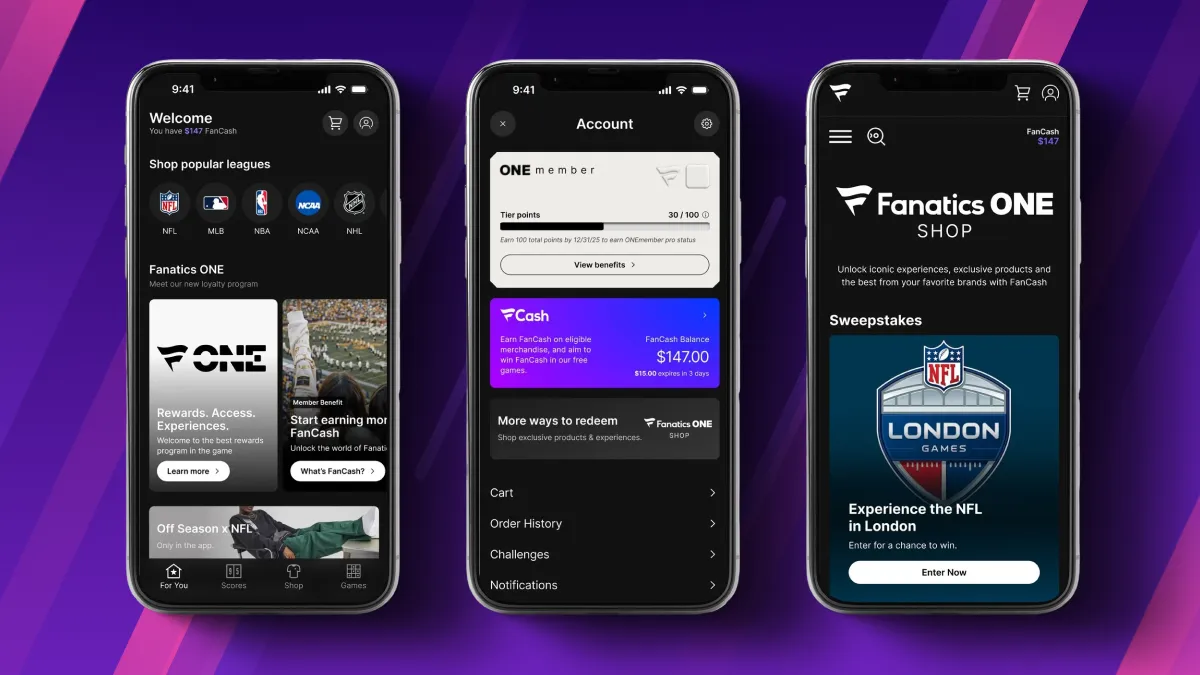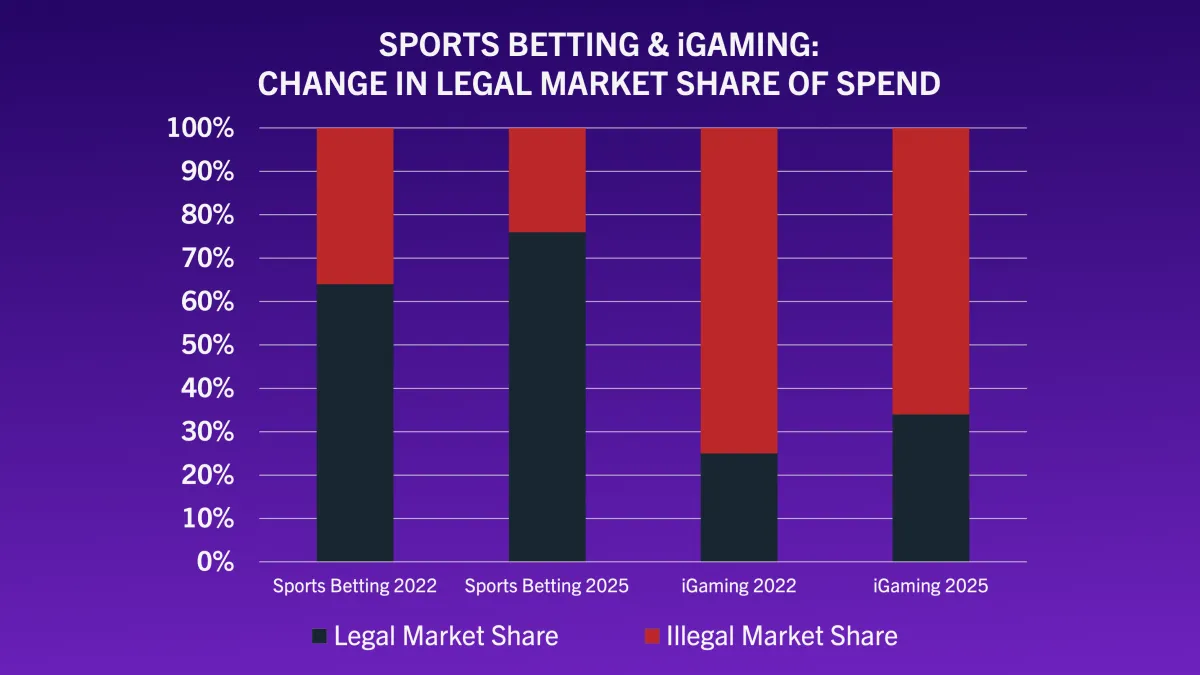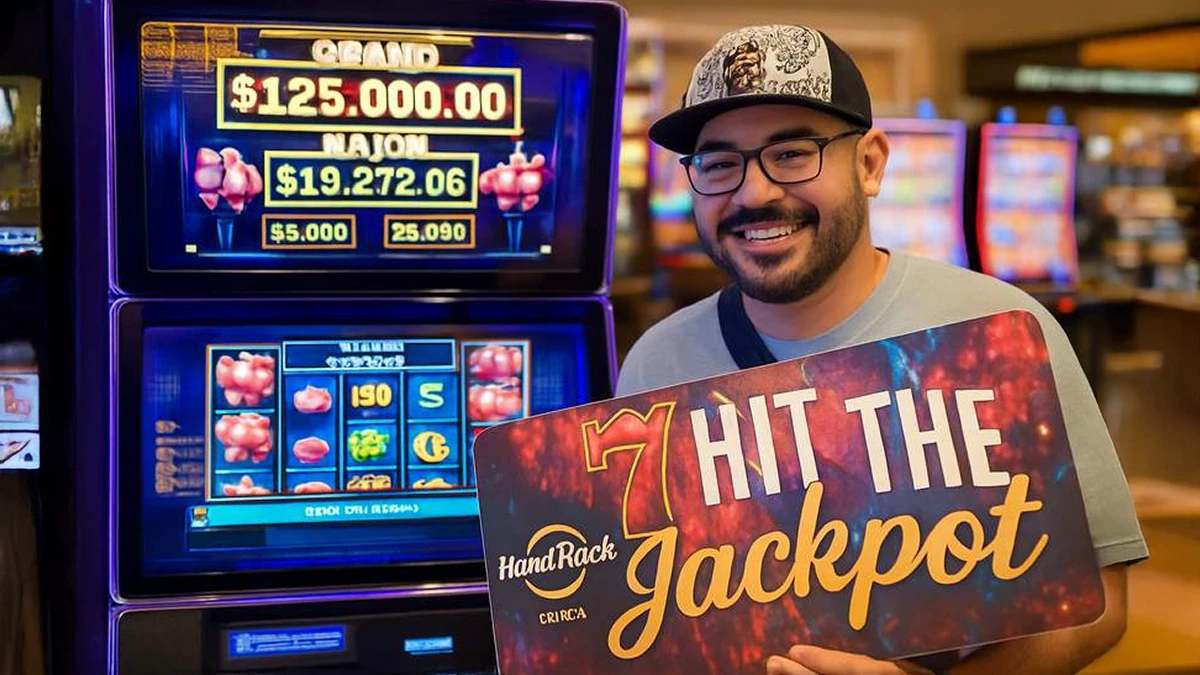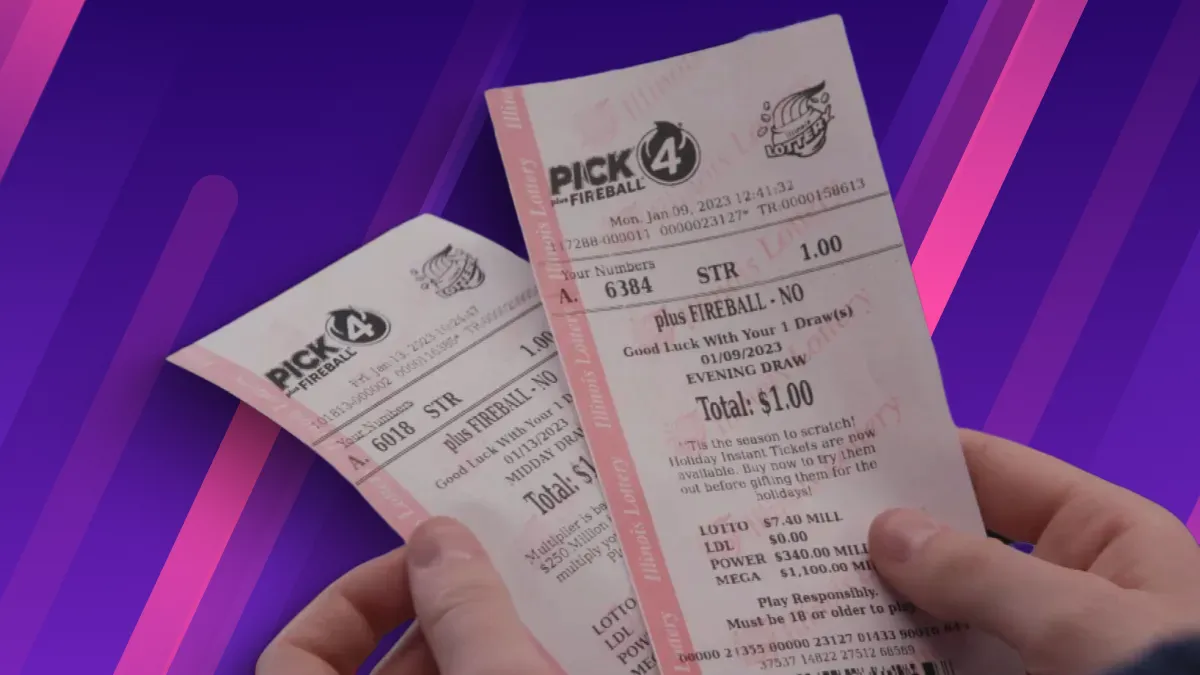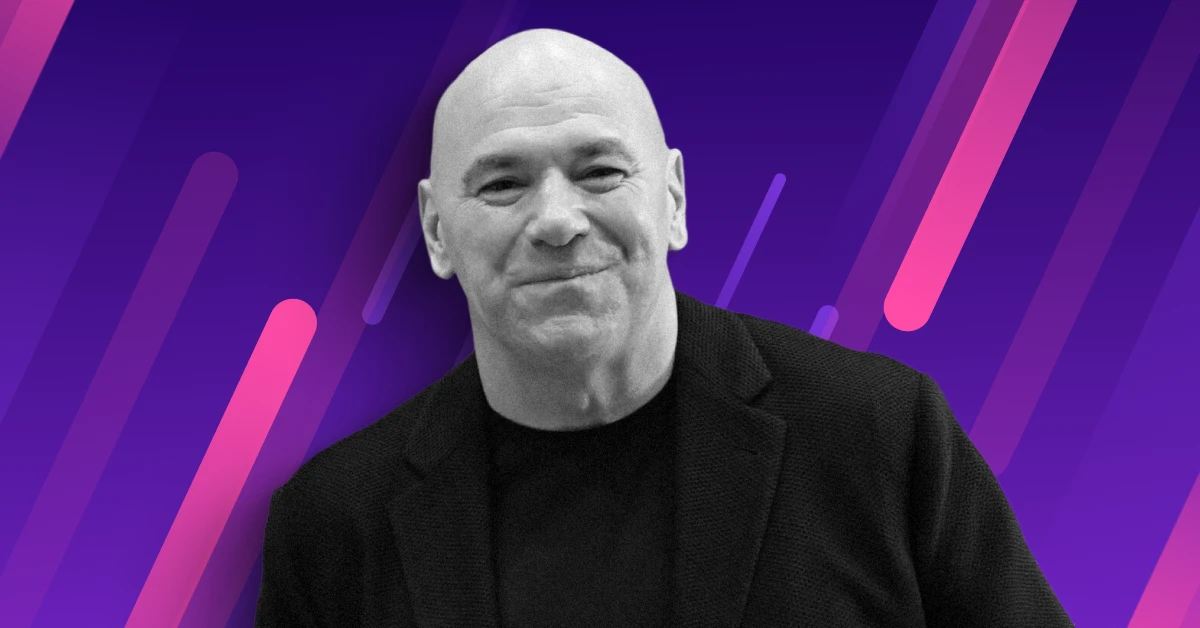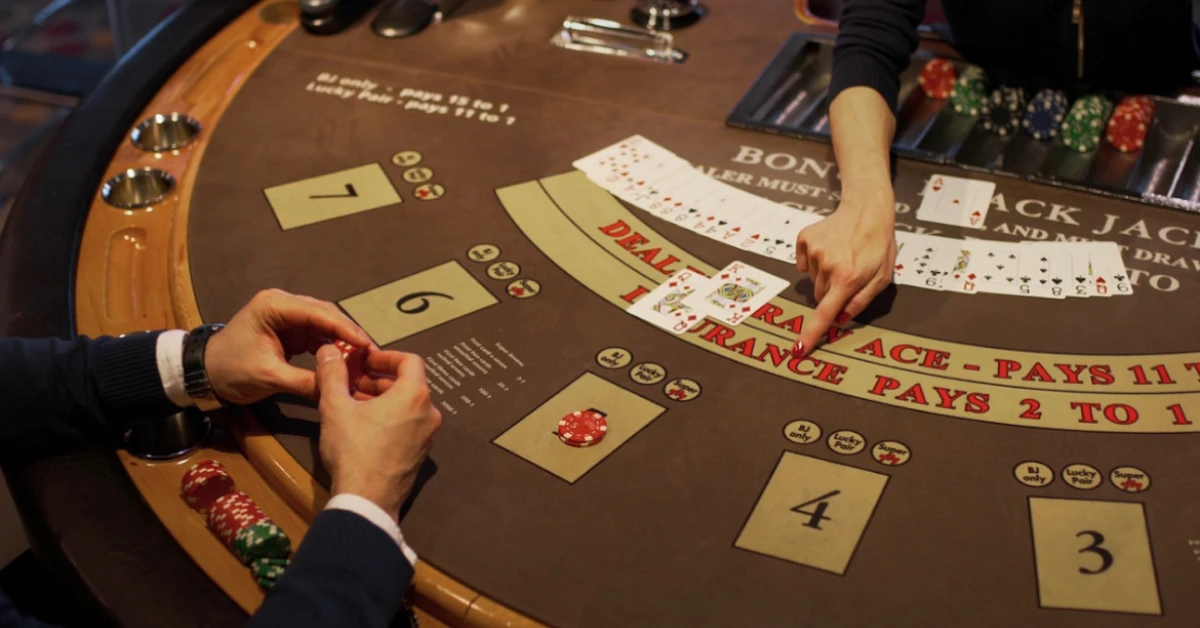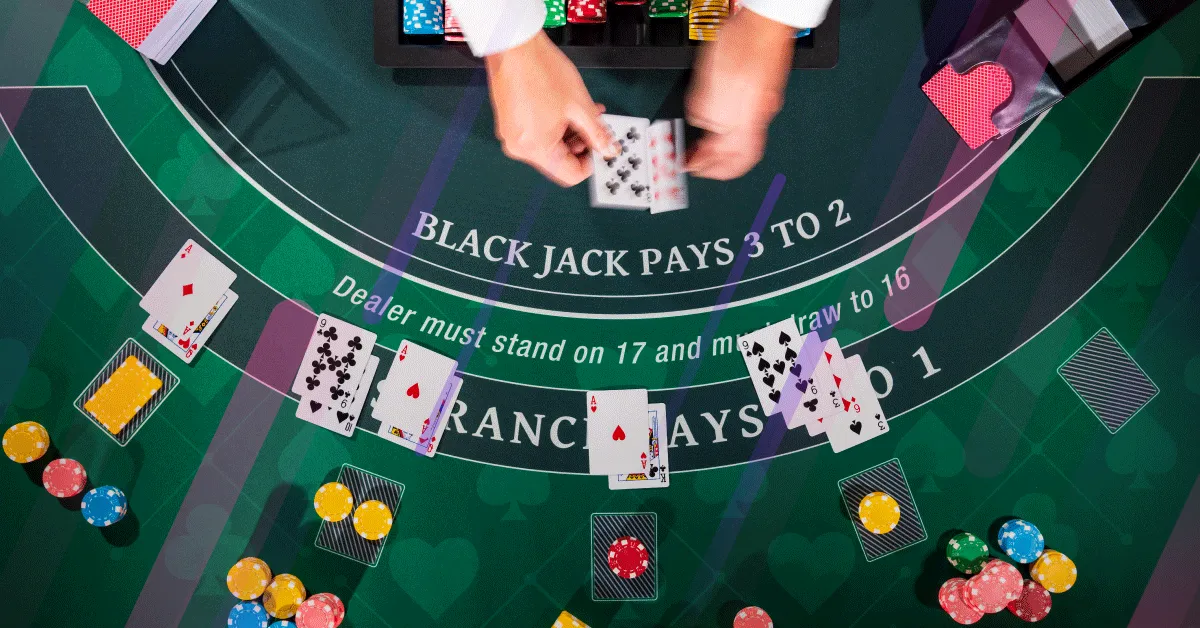
Wia Van Cauwenberghe
Editor | Writer
Wia Van Cauwenberghe has been a content writer and editor for more than 20 years; she has always loved writing (and learning!) about different things and has honed her talent in the digital field through her work. She earned her Bachelor’s Degree in the University of the Philippines and is now applying her skills and expertise in GambleSpot, an AdWise Partners initiative. In her spare time, she loves traveling, cooking, reading, and walking her dogs.
All the Latest
Must be 21+ and present in an eligible state. T&Cs apply. Gambling problem? Call 1-800 GAMBLER.
1
recommended

Welcome Bonus
Up To $1500 in Bonus Bets Paid Back if your First Bet Does Not Win
BetMGM Sports review
Must be 21+ and present in an eligible state. T&Cs apply. Gambling problem? Call 1-800 GAMBLER.
1
recommended

Must be 21+ and present in an eligible state. T&Cs apply. Gambling problem? Call 1-800 GAMBLER.
Must be 21+ and present in an eligible state. T&Cs apply. Gambling problem? Call 1-800 GAMBLER.
1
recommended
_800x800.webp)
18+ Only. Terms and Conditions apply. Must be in OH for online play.




